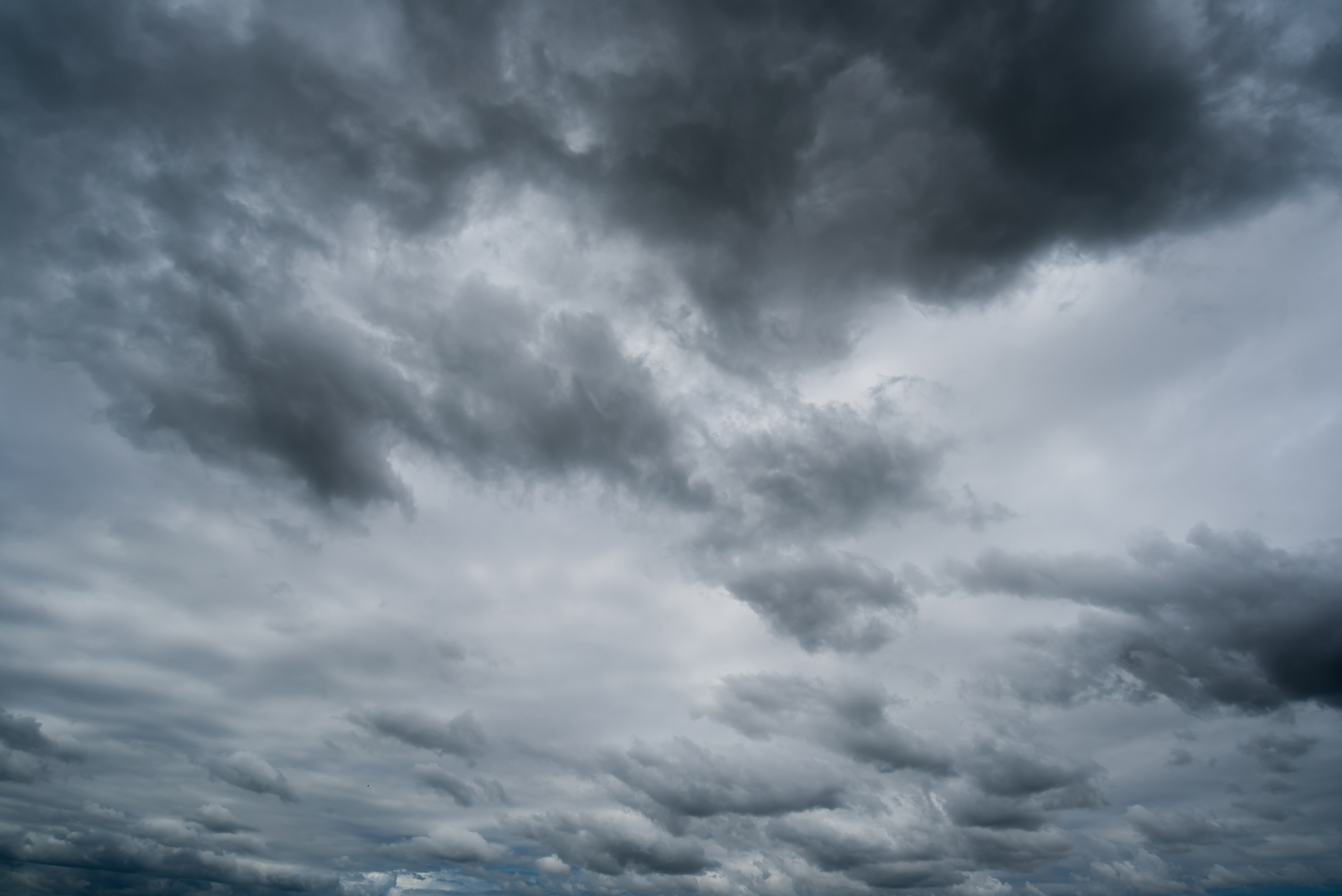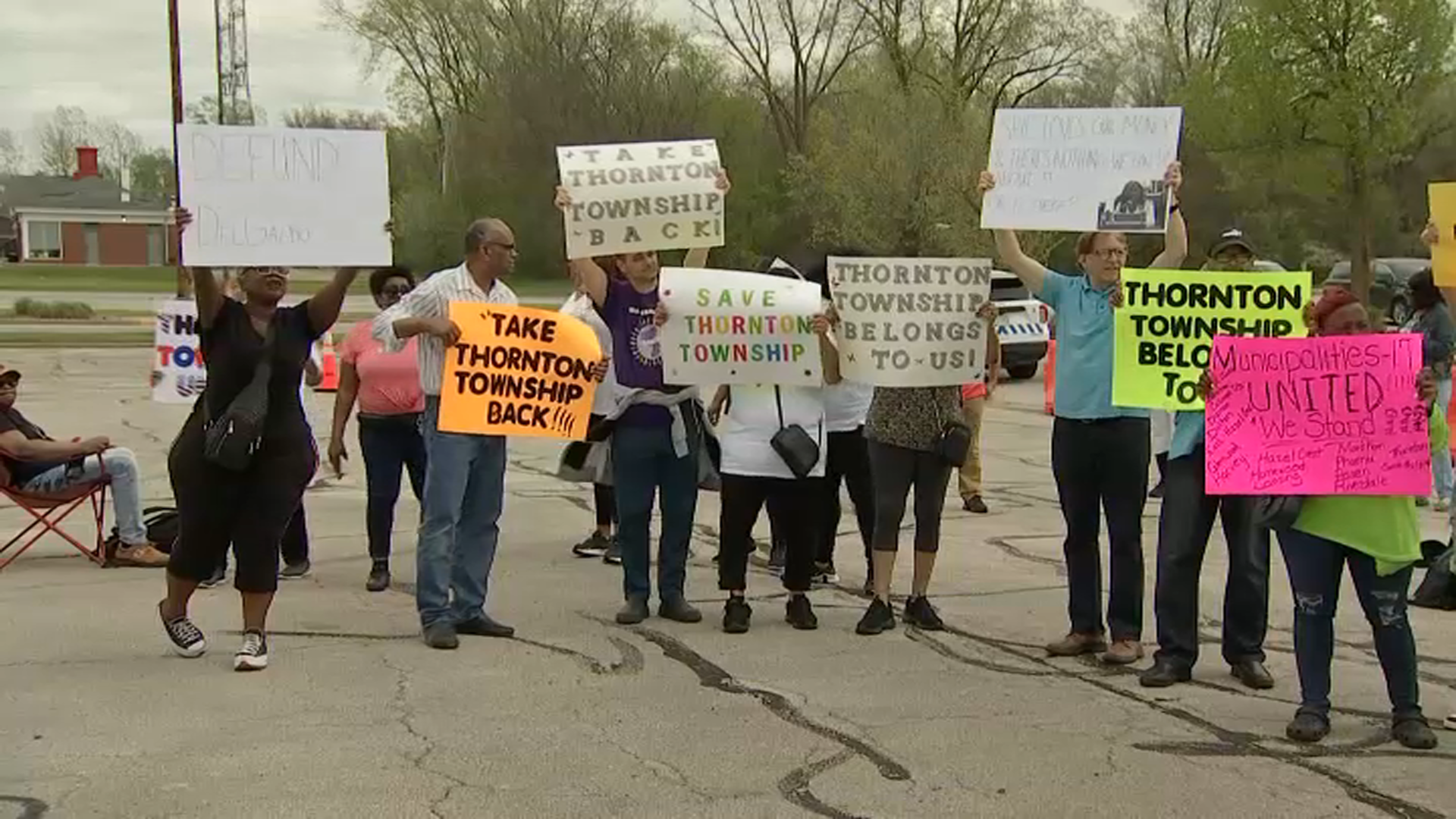Beyond some of the notable races you might have expected on your ballot in the 2024 Illinois primary election, there may also be the names of several judicial candidates.
While the names may not be as recognizable as some others on the ticket, experts say the races carry with them a lot of power.
Judges are elected to judge and rule over cases in specific districts or circuits, not over the entire state. Judges are voted on during the primary election, along with the 2024 presidential candidates and Illinois state representative candidates.
So how can you research the names on your ballot? Here's an explainer:
Feeling out of the loop? We'll catch you up on the Chicago news you need to know. Sign up for the weekly Chicago Catch-Up newsletter here.
Where can I go to see the rankings on each candidate?
The ISBA uploads their candidate qualification rankings on their website every election cycle.
For a more in-depth analysis of just Cook County, Injustice Watch has compiled information on each candidate, including their backgrounds, any controversies, ratings, fundraising and more.
Local
Why does voting for judges matter?
Voting for judges allows voters to help guide who is ruling in cases and what consequences for crimes could look like.
The judges at the different levels of the court system are based on where you live, so the person you choose will be determining the criminal justice system outcomes in your residential area.
“I think the judicial elections are elections that are really rarely talked about, and we really don't understand how this system works until you're a part of this system,” said Alejandra Cancino, a senior reporter for Injustice Watch, a nonprofit newsroom that prepares a Cook County judicial evaluation guide each election cycle.
“The people you vote for are going to be in traffic court. They're going to be in a criminal courts. They're also going to handle if you are in a car accident and have a personal injury lawsuit, if you have a contested will, they're handling those types of issues,” said Jessica Durkin, who chairs the Illinois State Bar Association’s judicial evaluation committee.
“Evictions, discrimination cases and even constitutionality of different laws in Illinois. Any type of legal matter could go before a judge, and most of the judges are elected by the people of the state of Illinois," she continued. "So that's a lot of power at the ballot box to decide who is going to be judging you and your peers in the future in any type of case that they can come before the legal system.”
It goes beyond just the Supreme Court, experts say, so you should check every judicial candidate on your ballot because they rule on a number of legal matters.
“You need to think about all the power that's held in the judiciary, and the check and balance the judiciary has on the power that's held by the executive and legislative branch,” Durkin said.
“If you end up in a situation where you're going to have to go before a judge, right, like what kind of judge do you want to be there sitting in front of you?” Cancino asked.
What are some of the big races to know about?
This election, there’s a Democratic primary for a seat on the Illinois Supreme Court, one of three justices elected from Cook County. There are no candidates from any other party, meaning whoever wins the Democratic primary will win the seat for a 10-year term.
The candidates are incumbent Justice Joy Cunningham, who was appointed to fill the vacancy of Justice Anne Burke after her retirement in 2022, and Justice Jesse Reyes, who previously ran for the state Supreme Court in 2020, coming in second in a crowded Democratic primary field of seven candidates. Both are 71-year-old John Marshall law graduates with years of experience on the Illinois Appellate Court.
“What was interesting to me about the race is that every time that both candidates spoke, they kept coming back to the issue of race and ethnicity,” Cancino said.
Reyes is Latino and often says it’s time for a Latino to serve on Illinois’ highest court. Cunningham is a Black woman who has the Cook County Democratic Party endorsement. Cancino reported last month that Cunningham’s mother is from Panama, which gives her Latin American roots as well.
“The story was really helping the reader understand this issue of race and ethnicity, the issue of representation and why it matters as well for the Latino community, people who are really wanting to have representation at all levels of government,” Cancino said of her reporting. “On the other hand, you also have a Black community that has fought really hard for representation, and they've been holding on to seats that were really hard won by them.”
Cancino noted that state courts have risen in prominence in recent years.
“The Supreme Court is the highest court in the state and that means that if there's any questions over a state law or the state constitution, the Supreme Court is really the one deciding what is the final answer on those legal questions,” she said. “Part of the reason why they're in the news is because there are big questions right now for voters, right, questions over about abortion rights, questions over gun rights, and the state courts are really the ones deciding those issues.”
But the Supreme Court’s reach extends far beyond that as well.
“Not only do they hear cases, they're in charge of the whole administration of the judicial system in Illinois,” Durkin said. “They set the court rules, so how the courts function, how they're run, and then they also have a power if a judge does not finish their elected term, the Supreme Court can appoint someone in their place to finish out the elected term until the next election.”
“So the Supreme Court really can help shape the judiciary for the whole state, not just make decisions on cases before them. They really are in control of the whole system from top to bottom,” she added.
The Illinois State Bar Association interviews and evaluates judicial candidates each election cycle to share their nonpartisan recommendations with voters.
“We want to make sure people have the information before they're going into the ballot box, so they're able to determine if the different candidates are going to be fair, if they're going to be punctual and diligent and really, most importantly, what their legal expertises are and what their acumen is and if they can handle being in a courtroom,” Durkin said.
The Illinois State Bar Assocation rated both Reyes and Cunningham as highly qualified.
How Illinois State Bar Association evaluations work
The evaluations rank judicial candidates on a scale of “not qualified” to “highly qualified.”
The candidates are also evaluated by ISBA Judicial Evaluations Committee (JEC) members based on “detailed information supplied by candidates, a background check by trained lawyers/investigators and interviews of each candidate,” according to the evaluation.
The rankings reflect the committee’s opinion of whether candidates have the necessary qualifications for judicial service, not a reflection of the candidates’ abilities as lawyers or judges, according to the ISBA.
Candidates who did not participate in the evaluation process were marked as “not recommended.”
Vacancies and rankings per candidate
There are 45 judicial races on the ballot for the 2024 primary election.
For this election cycle, judges will be voted on to fill:
- One full term on the Illinois Supreme Court
- Four positions on the Illinois Appellate Court
- 11 countywide circuit court seats
- 29 subcircuit court seats
Out of 69 candidates, the ISBA ranked:
- 13 candidates as “highly qualified”
- 42 candidates are ranked as “qualified”
- Nine candidates are listed as “not qualified”
- Five candidates did not participate in the evaluation and were ranked as “not recommended”



